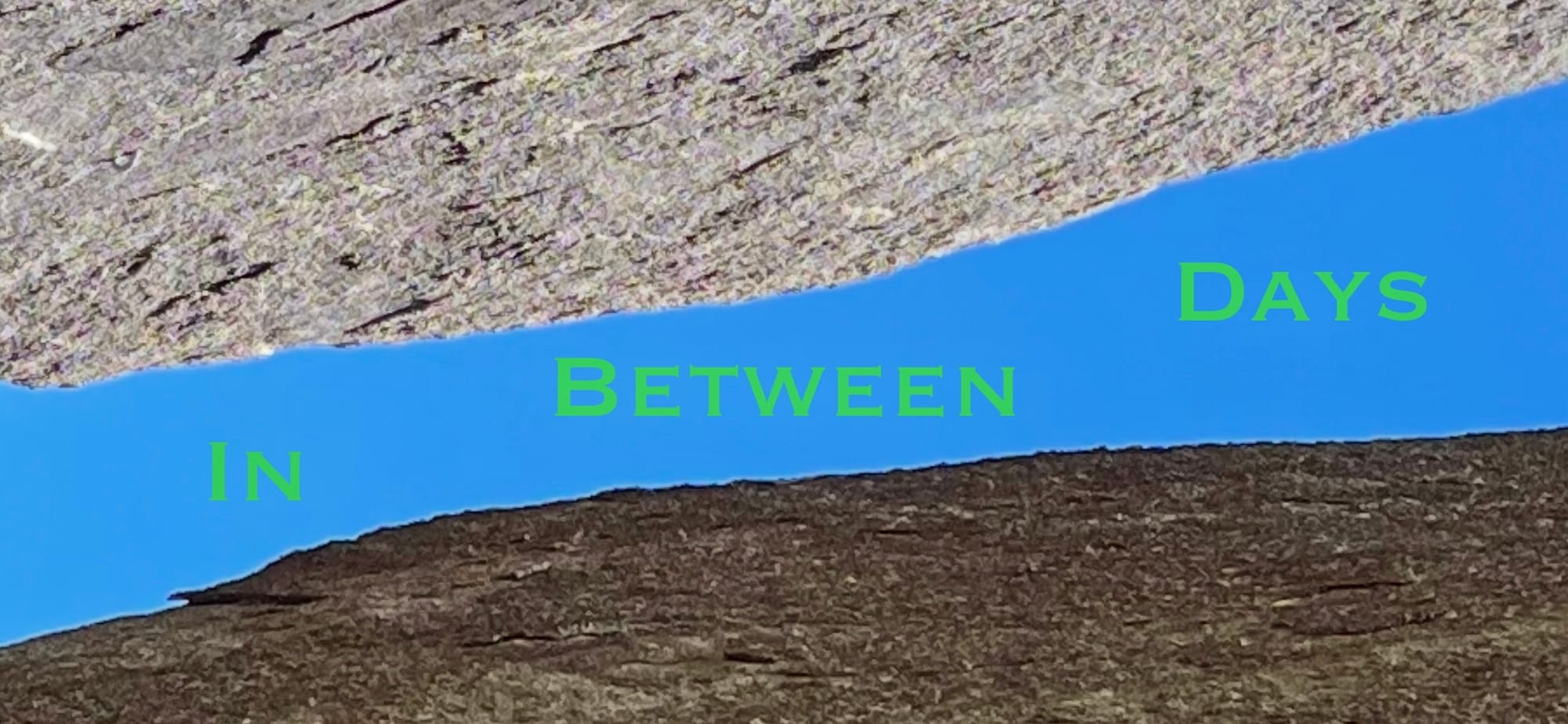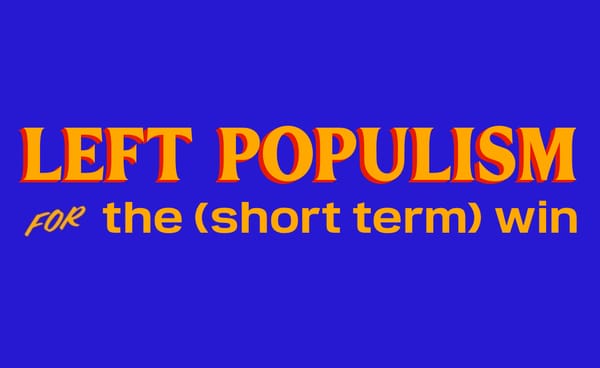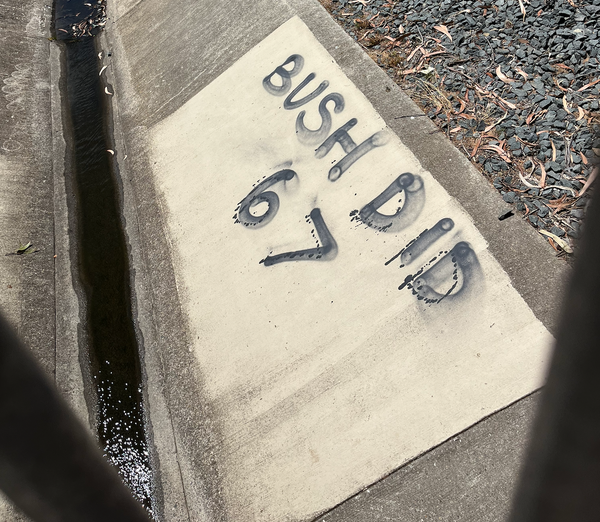Wedgie politics & the banality of ecocide

On the adolescent inanity of politics at the end of the world as we know it
There's something so banal about the way the latest "attempt" to "reform" Australia's "environment laws" is unfolding.
[Is it really a genuine attempt? It's certainly not genuine reform - more like tweaks, rather than the necessary rewrite. And environment laws? Definitely not. They're planning laws designed to manage processes of environmental destruction.]
Once again, the predictable political pantomime presents the same old suite of characters strutting their stuff between badly-painted chip-board set pieces. Any real discussion about what actually needs to be done to avert ecological catastrophe is drowned out by press-pack shouts of "behind you!" to the Minister's shocked realisation that the nasty old Senate may cruel his plans!
"Mass extinction? Oh, my dear, I thought you said the Member for Dickson!"
"Is that a dead koala, Minister?" "Why, of course! Only top koala-ty developments are passed by my department, don't you know?"
Even The Guardian, amongst otherwise uniquely good analysis from Adam Morton, couldn't resist a headline framing the politics in pure dominance hierarchy terms, explaining that the government would have to "bow to" either the Liberals or the Greens in order to pass their legislation. The only possible impact, of course, being to make the government less amenable to negotiation, because it frames negotiation as weakness.
I see this (also predictably, sure - of course I do) as tied up in the broad failure of our political system. The hyper-adversarialism that frames everything as competition for dominance rather than an effort to achieve something together. The alienation from each other and the more-than-human world. The collapse of effective feedback mechanisms. The inability to speak across difference. The getting stuck in different planes of reality so we can't even begin to understand each other. The focus on the game of politics, rather than the necessary outcomes.
Is the inanity worse when it's about the environment? It seems so, somehow. It seems more alienated. When it's ostensibly about the liveability of our planet, the very possibility of a future, this politics-stripped-of-actual-content transcends into meaninglessness-as-artform. The theatre of the absurd.
There's a lot more to tease apart in this, but the aspect I want to riff on today is that hoary old chestnut of political panto: the wedge.
Wedge politics, essentially, is pushing a political adversary into a position where they have no good political option to choose. Forcing them into a corner where you can attack them either way.
It's like a 14 year old boy who's read a few meme-quotes from Sun Tzu's The Art of War and played some Dungeons and Dragons and thinks he's a strategic genius. In his mind, the term suggests a disciplined Roman cohort breaking through enemy frontlines with an arrow-shaped formation, when in reality all it conveys, to me, is a schoolyard bully yanking up the undies of his target, to humiliate, cause pain, and show dominance.
Wedgie politics. Politics as meaningless power plays. Politics as adolescent inanity.
But it's not meaningless. It has massive, horrific, real-world implications.
This wedge is cutting into a grand old tree, forcing a beautiful living entity to fall and die so you can profit. This wedge is cutting off your nose to spite your face. This inanity is the banality of ecocide.
When Hannah Arendt went to Jerusalem to watch and report on the trial of Adolf Eichmann, she was struck by the banality of his presentation - his workmanlike articulation of his central organising role in orchestrating genocide. She copped a lot of flack from an establishment that wanted to portray him as spectacularly evil. But her point was that, if anything, this was something worse. This was horror become boring, stripped of its meaning through bureaucracy as much as through propaganda. This was the banality of evil.
When a government designs legislation to enable it to keep approving fossil fuel extraction in an age of climate crisis, is this not truly evil? When, against its own policy, against its own leader's previous actions and statements, it preserves its own capacity to hide behind bureaucracy as it commits ecocide, making decisions that will drive species to extinction, that will directly lead to catastrophic weather events, that will create the conditions for untold death and destruction, is this not truly evil?
And yet, there is Murray Watt, banal in his blue suit. And, yes, to give him his due, he's saying he is willing to negotiate. But negotiating once you've got your legislation drafted and on the floor of the house, and you've announced that you won't do what experts (and your potential negotiating counterparts) say is necessary, is meaningless. It's really just the lead in to the wedge - support what's here or block it. And, sure enough, as expected, yesterday afternoon out comes the ultimatum: “The Coalition and the Greens need to decide whether they will support the reforms, or if they’ll be the reason our environment, business and Australian communities suffer.”
Minister Watt smiles benignly as he explains our environment laws are broken. He mutters banally as he says we don't need a climate trigger, or an independent EPA. Who can say he is evil? He's just playing the role the system has given him.
And that's the thing. The wedge is just an obvious, reliable, almost unavoidable tool in this system.
When you've got a parliamentary and political system and discourse where decisions are binary, competitive, driven by shows of strength and “power over”, where Ministers and shadows don't really care about or understand the implications, and journalists certainly don't and find it easier to simply call the horse-race, what else can we expect?
The choice for Greens and Independents, for NGOs, for scientists, for anyone who does care about and understand the implications, becomes whether to secure scraps from the table, to celebrate some tiny incremental improvements on the highway to mass extinction, or to say no. And, of course, in this discursive context, putting forward your own ideas is presented as unrealistic to the extent that it’s effectively the same as saying no. Putting forward reasonable, genuine terms for negotiation becomes “making crazy demands”.
So the choice is to be presented politically as either blockers or as useless and ineffectual. And often both. You're faced with a demand to support or block, and then castigated for failing to negotiate. The political wedge is essentially impossible to manage. And that's the point - it's impossible by design. I think it’s time the Greens and others openly and loudly talked about it more in these terms, exposing what it’s about - a tactic designed to misdirect attention away from ecocide; an approach born of a structure of politics that is driving us to extinction; a play-act of politics that strips it of meaning right when we need to really confront the meaning of our actions.
To expose that, however, would be quite a thing to do. Because the clear implication is that the political system is cracked, broken, dead. The implication is that the theory of change we've all relied on - that we can build sufficiently strong arguments, and sufficient community power, to demand that governments do the right thing - simply doesn't work anymore. It might have worked a little in the past, and might occasionally still on relatively unimportant matters. But, faced with polycrisis, it doesn't cut it.
To expose what lies behind the wedge would be to acknowledge that politics-as-usual is no longer and to demand that we turn our faces to the not yet. (Catch up on that terminology here.)
Are we almost ready to do that?
I spent the day yesterday with 100 or so environmentalists from around the country, talking over what needs to be done. And my assessment is that a lot of us, individually, are thinking in these terms. But collectively we can't quite face making the turn.
It's coming, though.
"BeHIND YOUUUUU!"





